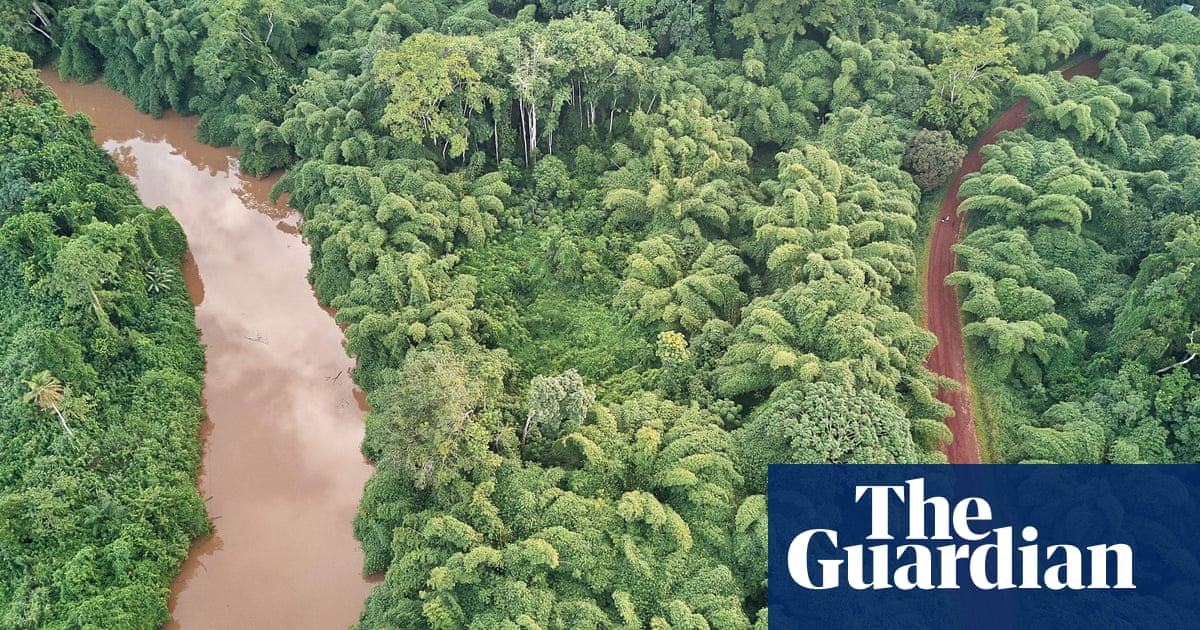- cross-posted to:
- science
- cross-posted to:
- science
Just 2% of rainforest tree species account for 50% of the trees found in tropical forests across Africa, the Amazon and south-east Asia, a new study has found.
Mirroring patterns found elsewhere in the natural world, researchers have discovered that a few tree species dominate the world’s major rainforests, with thousands of rare species making up the rest.
Led by University College London researchers and published in the Nature journal, the international collaboration of 356 scientists uncovered almost identical patterns of tree diversity across the world’s rainforests, which are the most biodiverse places on the planet. The researchers estimate that just 1,000 species account for half of Earth’s 800 billion trees in tropical rainforests, with 46,000 species making up the remainder.
This is the best summary I could come up with:
Led by University College London researchers and published in the Nature journal, the international collaboration of 356 scientists uncovered almost identical patterns of tree diversity across the world’s rainforests, which are the most biodiverse places on the planet.
If we focus on understanding the commonest tree species, we can probably predict how the whole forest will respond to today’s rapid environmental changes,” said the lead author, Declan Cooper, from the UCL centre for biodiversity and environment research.
The team of scientists demonstrated that while African tropical forests have fewer total species compared with the Amazon and south-east Asia, their diversity follows the same pattern.
They plan to focus future work on identifying the potential rule, given the geographic differences of the forests they studied.
African tropical forests experience a drier, cooler climate than the two other regions, while those in south-east Asia are spread across disconnected islands.
The senior author, Prof Simon Lewis of UCL’s geography school and the University of Leeds, said: “We wanted to look at tropical forests in a new way.
The original article contains 502 words, the summary contains 174 words. Saved 65%. I’m a bot and I’m open source!
This, like all sorts of things like this, in Nature, should be a powerlaw…
They’re everywhere throughout Nature…
_ /\ _




